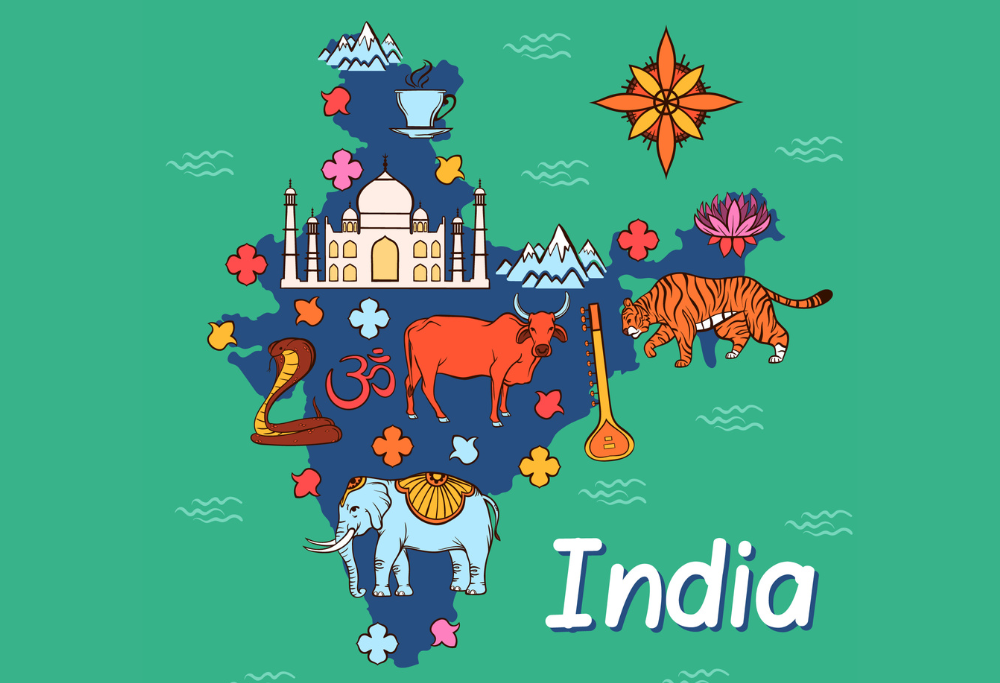Health Benefits, Uses, and Important Facts
Gotu Kola, also known as Centella asiatica, is a renowned herb with a rich history in traditional medicine. Known by various names around the world such as Asiatic pennywort, Indian pennywort, brahmi (in Ayurveda), and gotu kola (in Sinhalese), this plant is celebrated for its extensive health benefits and versatile uses. In this article, we will explore the fascinating world of Gotu Kola, delving into its origins, uses, health benefits, and more.
What is Gotu Kola?
Gotu Kola is a small, perennial herb that belongs to the Apiaceae family. It is characterized by its fan-shaped, green leaves and small white or pink flowers. The entire plant, including the leaves, stems, and roots, is used in traditional medicine. Gotu Kola is known for its mild taste and slightly bitter flavor, making it suitable for both culinary and medicinal purposes.
When is Gotu Kola Used?
Gotu Kola has been used for centuries in various traditional medicine systems, including Ayurveda, Traditional Chinese Medicine (TCM), and Indonesian Jamu. Historically, it has been employed to treat a range of ailments such as skin conditions, cognitive disorders, and digestive issues. Today, Gotu Kola is used year-round in various forms, including fresh, dried, powdered, and as extracts or supplements.
Where is Gotu Kola Grown?
Gotu Kola is native to the wetlands of Asia, particularly in India, Sri Lanka, China, Indonesia, and other parts of Southeast Asia. The plant thrives in moist, shady environments and is often found near ponds, rivers, and marshes. It can also be cultivated in gardens and farms under suitable conditions.
Who Uses Gotu Kola?
Gotu Kola is used by herbalists, naturopaths, and individuals seeking natural remedies for various health conditions. It is a staple in Ayurvedic medicine, where it is referred to as brahmi, a name it shares with another herb (Bacopa monnieri), due to its brain-boosting properties. In TCM, Gotu Kola is used to promote longevity and vitality. Today, it is gaining popularity worldwide, particularly in the wellness and beauty industries for its skin and cognitive health benefits.
Why Use Gotu Kola?
The use of Gotu Kola is driven by its potent medicinal properties and nutritional benefits. In traditional medicine, it is valued for its ability to enhance cognitive function, promote skin health, and support overall well-being. Nutritionally, Gotu Kola is rich in vitamins and minerals, including vitamins A, C, and B-complex, and minerals like magnesium, calcium, and iron. Additionally, it contains bioactive compounds such as triterpenoids, flavonoids, and saponins, which contribute to its therapeutic effects.
Whose Cultures Embrace Gotu Kola?
Gotu Kola is embraced by several cultures worldwide, particularly in Asia. In India, it is a significant herb in Ayurvedic medicine, used to enhance memory and treat skin conditions. In China, it is used in TCM to improve longevity and treat various ailments. In Indonesia, Gotu Kola is a vital component of Jamu, a traditional herbal medicine. It is also consumed as a healthful food in countries like Sri Lanka and Thailand, where it is added to salads, juices, and curries.
Unique Facets of Gotu Kola
Culinary Uses:
- Salads: Fresh Gotu Kola leaves are often added to salads for their nutritional benefits and mild flavor.
- Juices: The leaves are blended into juices and smoothies for a healthful boost.
- Curries: In Southeast Asian cuisine, Gotu Kola is used in curries and soups for its health benefits.
Medicinal Uses:
- Skin Health: Gotu Kola is used to treat various skin conditions such as eczema, psoriasis, and wounds. It promotes collagen production and improves skin elasticity.
- Cognitive Function: The herb is known to enhance memory, concentration, and overall brain function, making it beneficial for cognitive disorders and mental fatigue.
- Circulation: Gotu Kola improves blood circulation, helping to prevent varicose veins and reduce swelling.
Traditional Rituals:
- Ayurveda: In Ayurveda, Gotu Kola is considered a rasayana, or rejuvenative herb, that promotes longevity and vitality.
- TCM: In Traditional Chinese Medicine, Gotu Kola is used to balance the body’s energies and promote health and longevity.
Health Benefits of Gotu Kola
- Cognitive Health:
- Gotu Kola is renowned for its neuroprotective properties. It enhances cognitive function, improves memory, and reduces anxiety and depression. The herb stimulates the growth of new nerve cells and improves communication between brain cells.
- Skin Health:
- Gotu Kola promotes collagen synthesis, which is essential for maintaining skin elasticity and firmness. It helps heal wounds, reduce scars, and treat skin conditions like eczema and psoriasis.
- Circulatory Health:
- The herb improves blood circulation, reduces swelling, and strengthens veins and capillaries. It is effective in treating chronic venous insufficiency, varicose veins, and preventing blood clots.
- Anti-inflammatory Effects:
- Gotu Kola possesses strong anti-inflammatory properties, making it beneficial for treating inflammatory conditions such as arthritis and inflammatory bowel disease.
- Antioxidant Properties:
- Rich in antioxidants, Gotu Kola protects the body from oxidative stress and free radical damage. This reduces the risk of chronic diseases and supports overall health.
- Digestive Health:
- Gotu Kola aids in digestion and alleviates gastrointestinal issues such as bloating, indigestion, and gastric ulcers. It also promotes gut health by maintaining the integrity of the intestinal lining.
- Stress Reduction:
- The adaptogenic properties of Gotu Kola help the body cope with stress and reduce anxiety and depression. It promotes relaxation and improves mental clarity.
Intake Limits of Gotu Kola
While Gotu Kola is generally considered safe for consumption, it’s important to use it in moderation and be aware of potential side effects. Overconsumption can lead to:
- Gastrointestinal Issues: Excessive intake can cause stomach upset, nausea, or diarrhea.
- Headaches: High doses of Gotu Kola may cause headaches in some individuals.
- Drowsiness: The herb can have a sedative effect, leading to drowsiness or fatigue.
- Allergic Reactions: Some individuals may be allergic to Gotu Kola, experiencing symptoms like skin rashes or itching.
- Interaction with Medications: Gotu Kola can interact with certain medications, particularly those for blood pressure, diabetes, and cholesterol. It is advisable to consult a healthcare provider before using Gotu Kola if you are on medication or have a chronic health condition.
Conclusion
Gotu Kola is a powerful and versatile herb with a rich history in traditional medicine. Its wide-ranging health benefits make it a valuable addition to both medicinal and dietary practices. As with any herb, it is important to use Gotu Kola in moderation and consult with a healthcare provider if you have any underlying health conditions or are taking medication. Incorporating Gotu Kola into your daily routine can provide a natural boost to your overall health and well-being, offering benefits from improved cognitive function to enhanced skin health.



